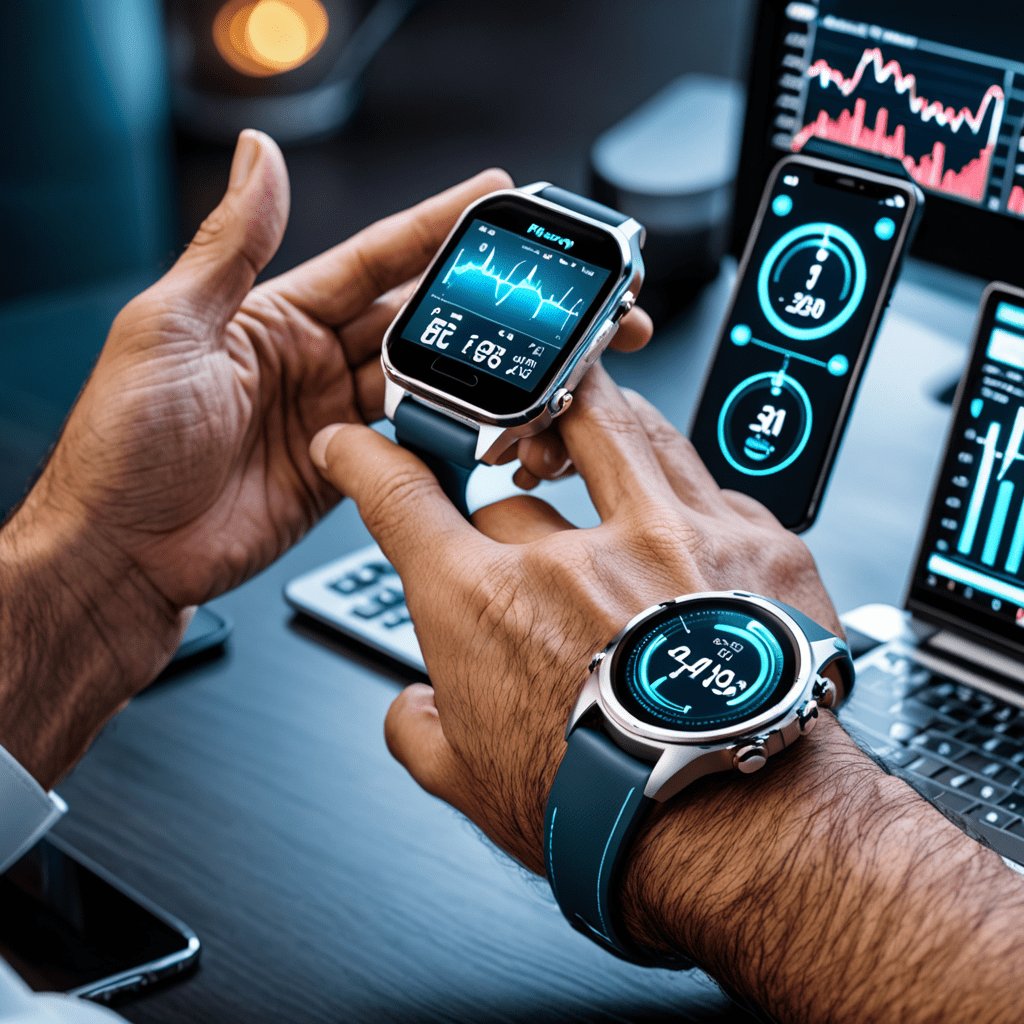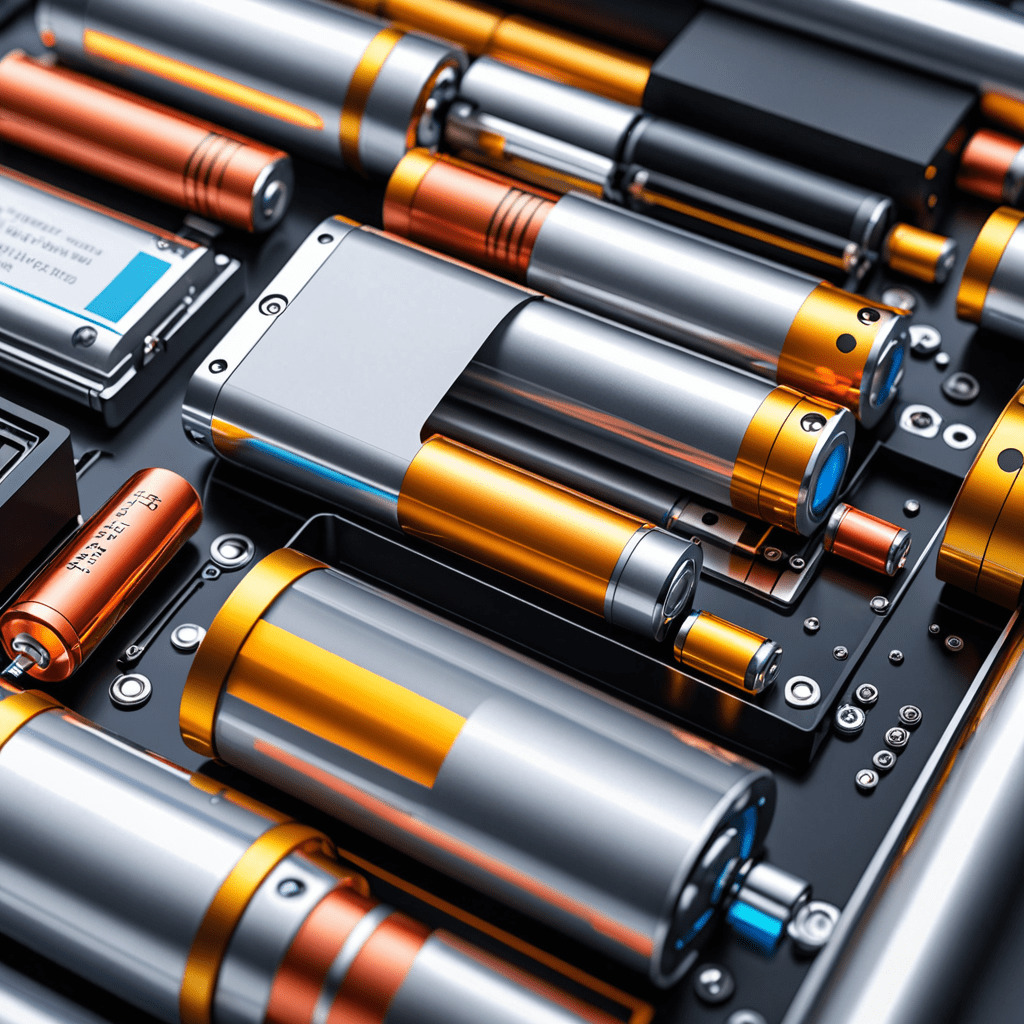
Nanotechnology in Wearable Sensors: Health Monitoring Devices with Nanotech
The Integration of Nanotechnology in Wearable Sensors
Nanotechnology has revolutionized the field of health monitoring devices by enabling the development of wearable sensors with cutting-edge capabilities. These sensors incorporate nanoscale materials and structures, allowing for enhanced sensitivity, accuracy, and efficiency in monitoring various health parameters.
Benefits of Nanotech-Enabled Wearable Sensors
The utilization of nanotechnology in wearable sensors offers numerous advantages. These include real-time monitoring of vital signs, non-invasive data collection, personalized healthcare insights, and improved patient comfort. Moreover, the small size and flexibility of nanotech-enabled sensors make them ideal for continuous monitoring in diverse environments.
Advanced Functionalities of Nanoscale Sensors
Nanotechnology facilitates the integration of advanced functionalities into wearable sensors, such as the detection of biomarkers, monitoring of physiological activities, and analysis of sweat for assessing hydration levels and detecting health conditions. Additionally, nanoscale sensors can be seamlessly integrated into clothing or accessories, enhancing user convenience.
Enhanced Accuracy and Sensitivity
One of the key advantages of nanotech-enabled wearable sensors is their heightened accuracy and sensitivity in capturing intricate health data. By leveraging the unique properties of nanomaterials, these sensors can detect subtle changes in biological signals, allowing for early diagnosis of health issues and proactive intervention.
Applications in Chronic Disease Management
Nanotechnology in wearable sensors plays a pivotal role in chronic disease management by providing continuous monitoring of vital parameters, medication adherence tracking, and timely health alerts. This technology empowers individuals with chronic conditions to actively participate in their healthcare and enables healthcare providers to deliver personalized interventions.
Future Implications and Innovations
The future of nanotechnology in wearable sensors holds promising opportunities for advancing healthcare monitoring. Innovations such as biofunctionalized nanoparticles for targeted sensing, integration with artificial intelligence for predictive analytics, and enhanced connectivity for seamless data transmission are shaping the next generation of wearable health monitoring devices.
Ethical Considerations and Privacy Concerns
While the deployment of nanotech-enabled wearable sensors offers significant benefits, it also raises ethical considerations regarding data security, privacy protection, and consent management. As the use of such technology expands, addressing these concerns through robust regulations and transparent policies is essential to ensure the ethical use of personal health data.
By harnessing the power of nanotechnology, wearable sensors are transforming the landscape of health monitoring devices, paving the way for personalized, proactive, and efficient healthcare solutions. This convergence of nanotech and wearable technology holds immense potential for revolutionizing how we monitor and manage our health in the modern era.
FAQ about Nanotechnology in Wearable Sensors
What is nanotechnology in wearable sensors?
Nanotechnology in wearable sensors involves the use of nanoscale materials and structures to create sensors that can monitor health parameters such as heart rate, body temperature, and blood glucose levels.
How does nanotechnology enhance health monitoring devices?
Nanotechnology enhances health monitoring devices by enabling the development of sensors that are smaller, more sensitive, and capable of real-time monitoring, leading to more accurate and personalized healthcare data.
What are the benefits of using nanotech in wearable health sensors?
The benefits of using nanotechnology in wearable health sensors include improved accuracy, increased comfort for the wearer, enhanced durability, and the potential for early detection of health issues.


